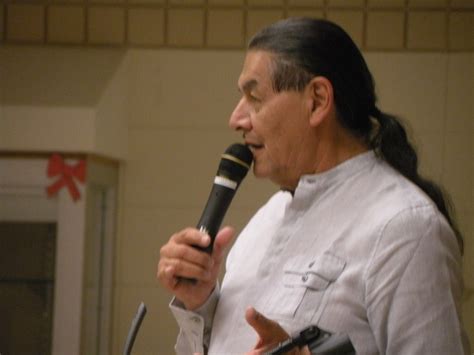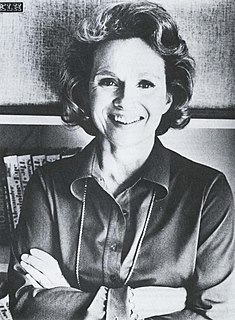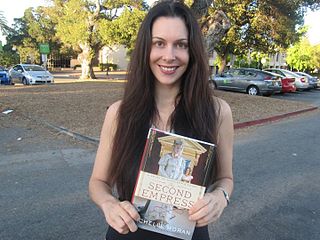A Quote by Siddhartha Mukherjee
I'm human, we all are - all doctors are - and grieving is a natural part of medicine. As a doctor, grieving is a natural part of medicine. If you deny that, again, you'd get into this trap of curing and victory. I think grief is very important.
Related Quotes
And when comfort is what we want, one of the most powerful tonics alternative medicine offers is the word 'natural.' This word implies a medicine untroubled by human limitations, contrived wholly by nature or God or perhaps intelligent design. What 'natural' has come to mean to us in the context of medicine is 'pure' and 'safe' and 'benign'. But the use of 'natural' as a synonym for 'good' is almost certainly a product of our profound alienation from the natural world.
When our spirit tells us it is time to weep, we should weep. It is part of the ritual, if you will, of putting sadness in perspective and gaining control of the situation. . . . Grief has a purpose. Grieving does not mean you are weak It is the first step toward regaining balance and strength. Grieving is part of the tempering process.
I tried to change the conventional paradigm, for example, by insisting on the reality of mind-body interaction, by stressing the importance of natural therapies, by focusing attention on lifestyle issues, by looking at worthwhile aspects of alternative medicine. Many people have been threatened by that. Doctors especially tend to think that they know everything about the human body, and don't realize that medical education has really omitted many very important subjects.
Medicine is a social science, and politics is nothing else but medicine on a large scale. Medicine, as a social science, as the science of human beings, has the obligation to point out problems and to attempt their theoretical solution: the politician, the practical anthropologist, must find the means for their actual solution. The physicians are the natural attorneys of the poor, and social problems fall to a large extent within their jurisdiction.
I was a writer first, and knew I'd be a storyteller at age seven. But since my parents are very practical, they urged me to go into a profession that would be far more secure so I went to medical school. But after practicing medicine for a few years, while raising two sons (with a husband who was also a doctor) I realized that combining medicine with motherhood was more of a challenge than I could handle. So I left medicine and stayed home. And that's when I once again picked up the pen and began to write.
My sister will die over and over again for the rest of my life. Grief is forever. It doesn't go away; it becomes a part of you, step for step, breath for breath. I will never stop grieving Bailey because I will never stop loving her. That's just how it is. Grief and love are conjoined, you don't get one without the other. All I can do is love her, and love the world, emulate her by living with daring and spirit and joy.




































